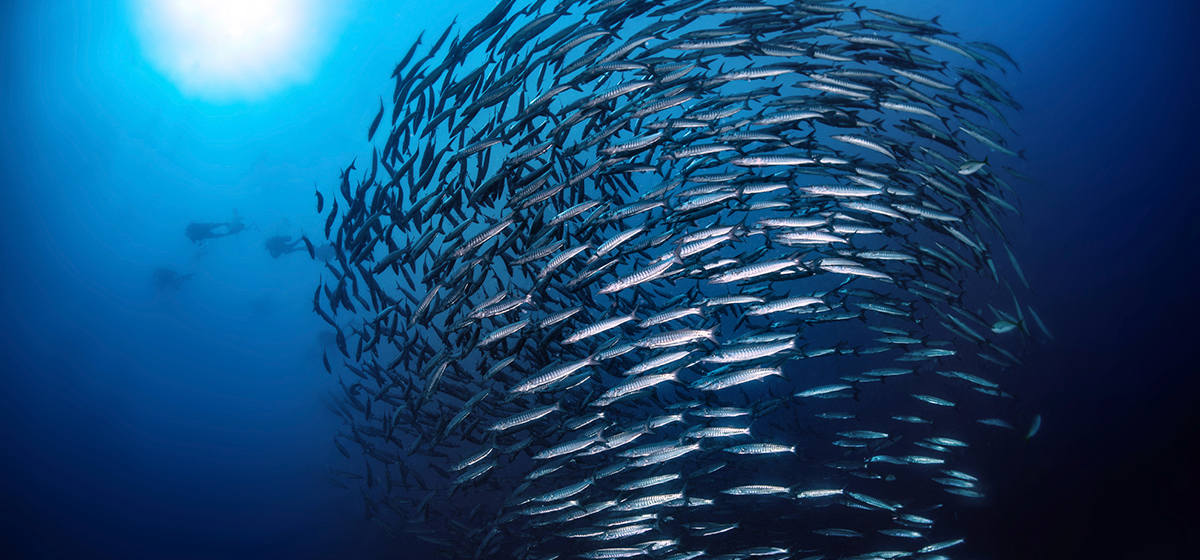
By U.S. Ambassador to the World Trade Organization (WTO) and Deputy U.S. Trade Representative Michael Punke and Global Manager for Oceans for The Nature Conservancy (TNC) Maria Damanaki
Jacques Yves Cousteau once said that “The Sea, the great unifier, is man's only hope. Now, as never before, the old phrase has a literal meaning: we are all in the same boat.”
The world’s fisheries resources – and the people that depend on them - are in serious trouble. According to the Food and Agriculture Organization (FAO), most fisheries are in decline and some are even at risk of collapse, with nearly 30 percent of global fish stocks classified as being overfished in 2014. Yet billions of dollars a year are being spent by governments on harmful fisheries subsidies, which can further exacerbate the situation by fueling too many boats to catch too few fish.
That said, there is reason for optimism this Earth Week, including recent efforts by the United States, European Union and other governments to crack down on illegal, unreported and unregulated (IUU) fishing. These efforts, coupled with the creation and expansion of new marine sanctuaries, such as the one President Obama recently announced in the Pacific, are very good news for our oceans.
In addition to these positive developments, there is also cause for hope in a less obvious place – Geneva, Switzerland, home to the World Trade Organization (WTO). At the last gathering of WTO Ministers in Nairobi, Kenya, in December 2015, the United States and 27 other governments pledged to work in the WTO to shine a spotlight on the problem, and to control, reduce and eventually eliminate fisheries subsidies that contribute to overfishing and overcapacity.
Building on that pledge, the United States is working in the WTO to enhance transparency by drawing attention this week to fisheries subsidies in China, the world’s largest producer and exporter of seafood products, which does not otherwise publicize or report on its subsidy programs. The United States will be working with other countries in the WTO that are similarly motivated to advance the work to end harmful subsidy programs worldwide.
The United States is including first-ever reforms of harmful fisheries subsides in its regional trade agreements, like the recently concluded Trans-Pacific Partnership (TPP) agreement.
We have a shared responsibility to use all the tools available to turn the tide for the world’s fisheries, and we are committed to making the case for fisheries subsidies reform in every forum where we can make a difference.







